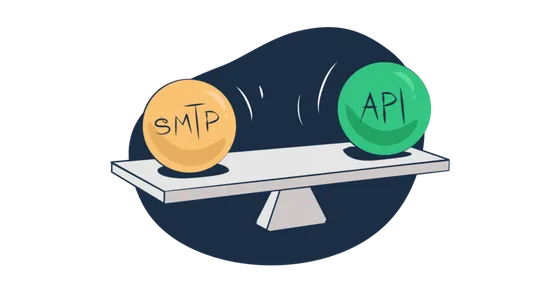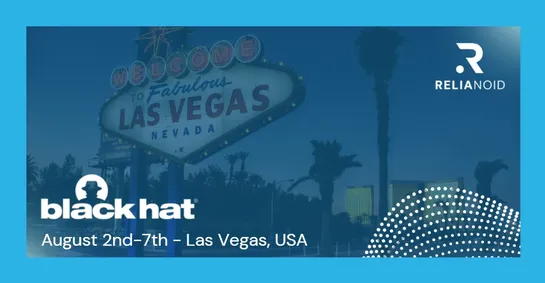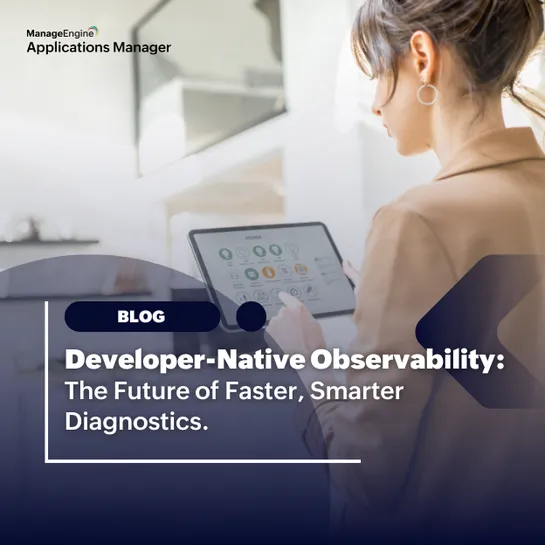From passive telemetry to interactive intelligence
The gist: Most observability systems are silent partners. They stream data, light up dashboards, and trigger alerts—but they don't interact. We're proposing something radically new: Conversational Observability. Imagine applications that don't just emit signals, but actively respond to your questions, offer real-time feedback, and expose their internal state on demand through self-description APIs.
Think about it: what if you could ask your app, "Why did you crash?", and get a structured, intelligent, and introspective answer?
In this deep dive, we'll cover:
Why this concept is crucial in the age of AI, ephemeral infrastructure, and auto-remediation.
What it looks like to implement conversational observability today.
The evolving role of modern APM platforms like ManageEngine Applications Manager in making this paradigm a reality.















